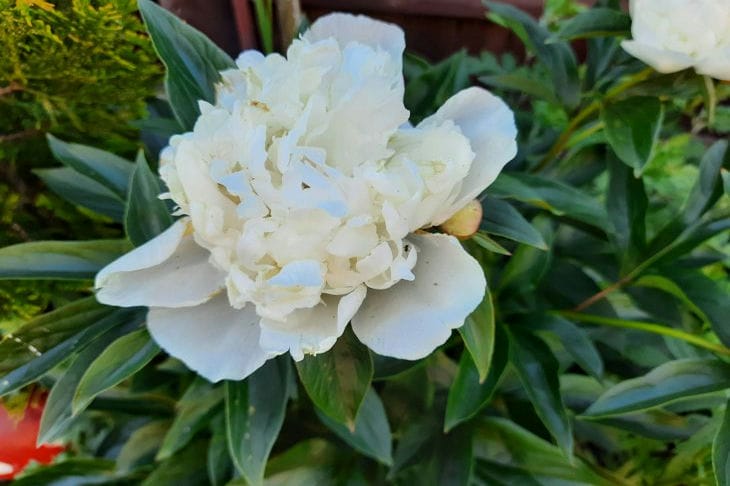What plants don't like mulching: secrets of proper care for capricious green pets
Mulching is a popular gardening technique, but not all plants welcome it.
Some species may suffer from excess moisture and lack of air if this technique is not used correctly.
It is important to know which green pets can do better without mulch.
Features of mulching
Mulching involves covering the soil around plants with various materials. This method helps retain moisture, suppress weed growth, and regulate soil temperature. However, for some plant species, this approach can be detrimental.
Plants that prefer dry soil
Succulents and cacti are bright representatives of flora that are contraindicated for mulching.

These plants evolved in dry conditions and prefer well-drained soil. A layer of mulch can lead to overwatering and root rot.
Lavender, rosemary, and other Mediterranean herbs also don’t need mulching. They require dry, rocky soil for optimal growth. Excess moisture retained by mulch can cause root problems.
Plants sensitive to humidity
Peonies are garden plants that do best without mulch. These flowers are prone to fungal diseases, especially in high humidity.
Mulching can create favorable conditions for the development of pathogenic microorganisms.
Irises also prefer open soil. Their rhizomes need access to sunlight and air. A layer of mulch can hinder the normal development of the plant and promote rotting.
Plants with a shallow root system
Some types of trees and shrubs with shallow root systems may be harmed by mulching.
For example, birches and maples are sensitive to changes in the topsoil. Mulch can disrupt air exchange and weaken the plant.
Alternative methods of care
Instead of mulching, you can use other methods of care for these plants. Regular loosening of the soil will help maintain its structure and provide oxygen access to the roots.
Proper watering, tailored to the needs of each species, also plays a key role in plant health.
To protect against weeds, you can use spot weeding or use special soil coverings that do not interfere with air exchange. It is important to remember that each plant is unique, and there is no universal approach to care.
Choosing the right care techniques for plants that don't like mulching will help you create a healthy and beautiful garden.
Paying close attention to the needs of each species will allow you to achieve optimal results and enjoy lush flowering and a rich harvest.
